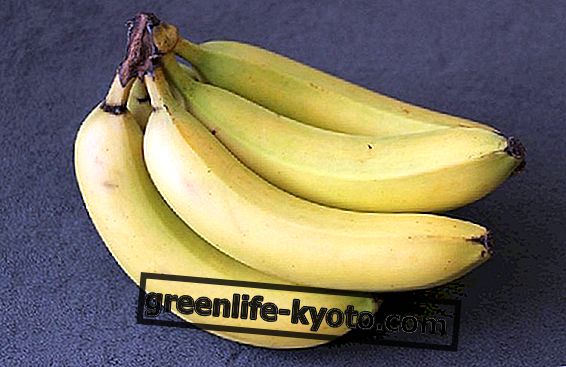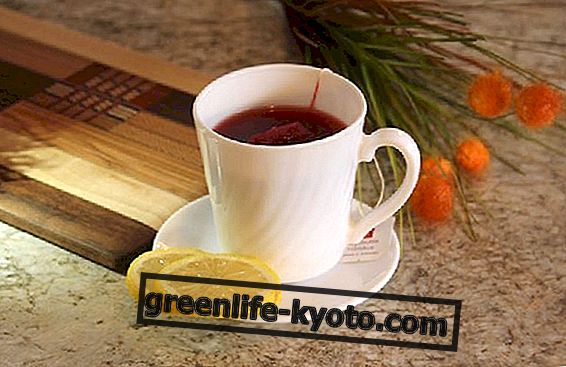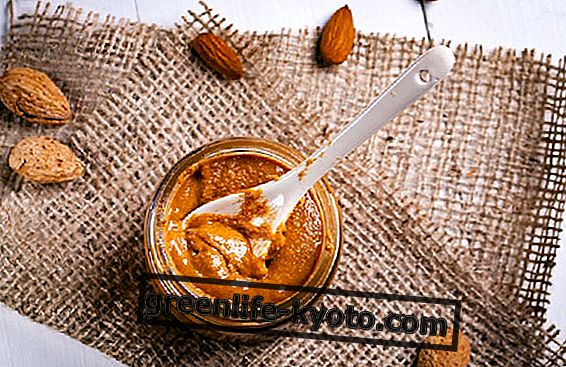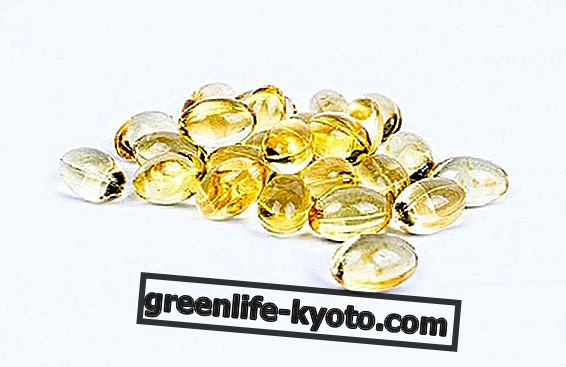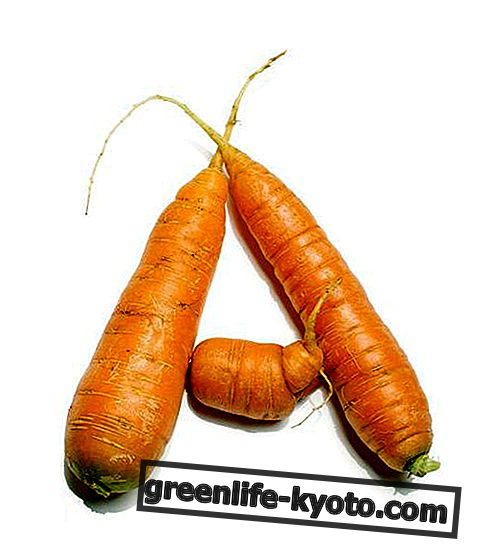
One wonders why a single mineral can be so decisive in curing even a cold .
The human body is a complex organism that is finely regulated by thousands of chemical reactions : to make them all happen, many molecules are needed, many of which are still little known.
Zinc intervenes in several of these rations as an essential element of enzymes or "facilitators" of these reactions, as well as interfering in the action of some viruses.
Zinc and cold deficiency: how and why
What was initially just an intuition turned out to be a scientifically proven reality: zinc can block the viral replication of rhinoviruses (the cause of about 50% of all colds) in the nasal mucosa.
That is, zinc interferes in the "duplication" of cold viruses and prevents their proliferation in our nose, thus blocking the development of the cold itself.
The first scientific research on the subject seems to date back to 1974 with an article published by Korant, Kauer and Butterworth in the journal Nature, in which they illustrated their study of the ability of zinc ions to inhibit rhinovirus replication.
Subsequent studies have also shown that zinc (in ionic form) can bind to the ICAM-1 receptor (point of "coupling" of the cold virus on nasal epithelial cells) and thus prevent the progression of the viral infection within our nose.
It is therefore evident that a lack of zinc from poor intake with nutrition can decrease the protective effect on the nasal mucous membranes and thus make them more vulnerable to colds .
In the event of an emergency, that is zinc deficiency and the presence of colds, zinc-based supplements can be useful as "first aid". The doses studied at the moment reach up to 70 mg of zinc per day for adults (about 10-15 mg for school-age children) without any side effects but with an average reduction of 40% in the duration of the cold.
Zinc: what is it?
Zinc is a mineral that is naturally present in the body in higher quantities than other trace elements, with the exception of iron. Within the human body it has a decisive role in the absorption of vitamins, in the functioning of several hormones, including insulin, sex hormones and growth.
There are several foods rich in zinc, to be introduced into our diet to avoid deficiencies.
The main ones include:
> Dried fruit;
> seeds: especially pumpkin, sunflower, sesame;
> legumes;
> wheat germ;
> brewer's yeast;
> fish and meat;
> milk and eggs.


